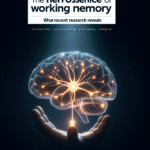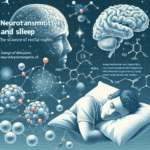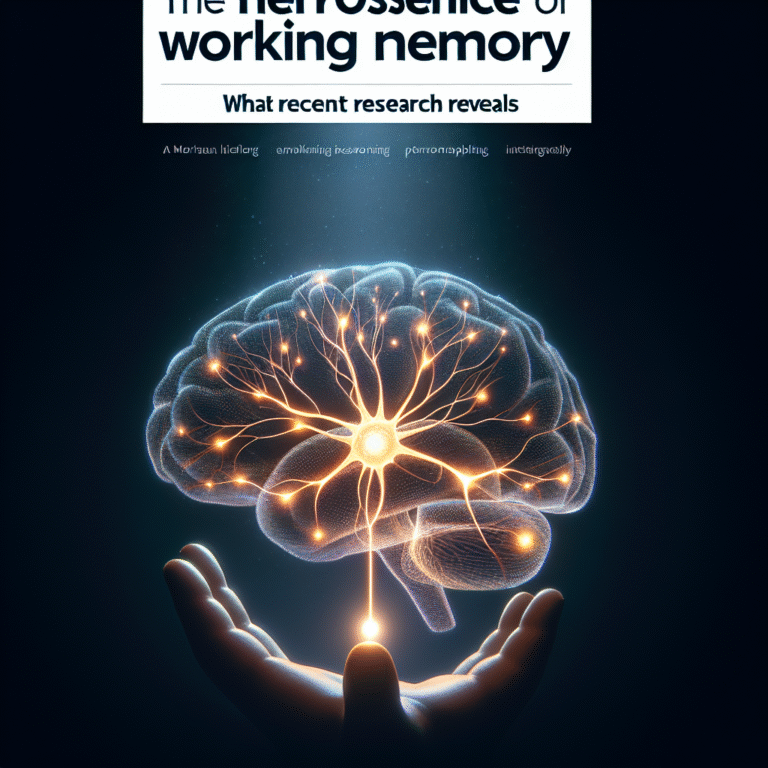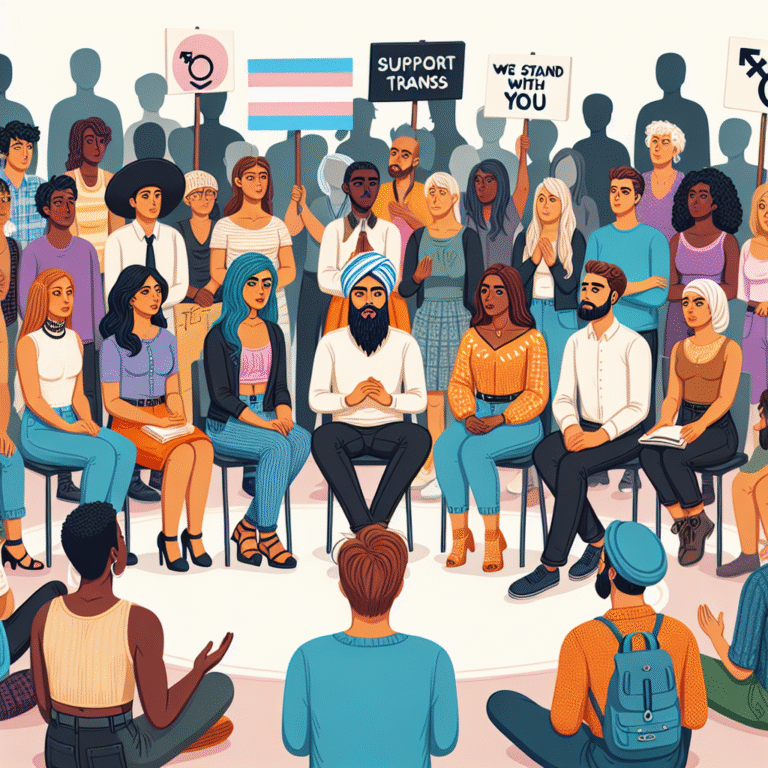
Introduction
In a world marked by constant change and rapid advancement, the quest for connection is more important than ever. People are increasingly rediscovering the value of community—a place where they can find support, share experiences, and foster meaningful relationships. This article explores "Finding Your Tribe: The Importance of Belonging in Community," diving deep into why belonging is an essential part of the human experience and how it influences our lives in profound ways.
Understanding belonging goes beyond mere social interaction; it taps into our fundamental need to connect. Whether it’s through family, friends, or community groups, belonging fosters emotional well-being, boosts mental health, and enhances overall quality of life. Join us as we explore this essential theme, featuring real-world examples and insights that illustrate the transformative impact of finding your tribe.
The Psychological Basis of Belonging
The Need for Connection
Belonging fulfills one of Maslow’s hierarchy of needs, situated just above physiological and safety needs. It’s a psychological imperative that enables individuals to thrive. Research reveals that people who feel a sense of belonging often experience lower levels of anxiety and depression, showcasing that "Finding Your Tribe: The Importance of Belonging in Community" is not merely a slogan but a fundamental truth.
Case Study: The Impact of Social Isolation
Consider the experience of isolated individuals, such as elderly adults living alone. A study from the American Psychological Association found that social isolation can lead to cognitive decline and a deterioration of mental health. This highlights how crucial it is to create avenues for connection and community, underscoring the importance of finding one’s tribe.
The Role of Community in Personal Growth
Empowerment Through Connection
Community goes beyond social circles; it’s often a catalyst for personal development. When you find your tribe, you tap into shared knowledge, experience, and support, enabling personal growth. From book clubs that encourage reading comprehension to fitness groups that motivate individuals to achieve their health goals, community involvement plays a pivotal role in self-improvement.
Case Study: The Flourishing of User-Generated Communities
Online platforms such as Meetup or Facebook Groups serve as modern community hubs. For instance, the phenomenon of "Maker Spaces," where individuals come together to share tools, ideas, and expertise, demonstrates how community can accelerate learning and innovation. This is a powerful example of "Finding Your Tribe: The Importance of Belonging in Community" in action.
Building Meaningful Connections
Strategies for Finding Your Tribe
- Participate in Local Events: Engage with community activities, from workshops to social gatherings, finding spaces that align with your interests.
- Online Communities: Leverage social media platforms to connect with like-minded individuals globally.
- Volunteering: Join local charity organizations, where you can meet people while contributing to a greater cause.
Table 1: Ways to Find Your Tribe
| Method | Description | Benefits |
|---|---|---|
| Local Events | Attend workshops, fairs, and meetups | Networking and exposure to new interests |
| Online Platforms | Utilize forums, social media, and apps | Reach a wider audience and shared interests |
| Volunteering | Engage in community service | Sense of purpose and shared values |
Overcoming Barriers to Community Belonging
Identifying and Addressing Obstacles
Individuals often face barriers when attempting to connect with communities. Fear of rejection, social anxiety, or preconceived notions about oneself can deter people from seeking belonging. Recognizing these obstacles is the first step to overcoming them.
Case Study: Mental Health Support Groups
Support groups provide a unique space where individuals can share vulnerabilities in a safe environment. Organizations like NAMI (National Alliance on Mental Illness) demonstrate how a supportive community can significantly improve mental health outcomes, embodying the principle of "Finding Your Tribe: The Importance of Belonging in Community."
Enhancing Belonging through Diversity
The Strength of Diverse Communities
Diversity enriches community life by exposing individuals to different perspectives, cultures, and experiences. Embracing diversity fosters empathy and understanding, breaking down prejudices and building stronger bonds between community members.
Case Study: Multicultural Festivals
Multicultural festivals around the world serve as platforms for individuals to celebrate their heritage while promoting understanding and connection. These events showcase the importance of finding a tribe that values inclusion and diversity, enhancing the social fabric of communities.
The Interpersonal Benefits of Community
Strengthening Social Networks
Being part of a community strengthens social networks, resulting in tangible benefits like increased access to support systems and resources. Friendships formed within communities often serve as safety nets during challenging times, showcasing the interconnectedness of our lives.
Case Study: University Alumni Networks
Graduates often build lifelong connections through university alumni networks. These networks provide opportunities for mentorship, career advancement, and emotional support, emphasizing the vital role that belonging plays in both personal and professional success.
Conclusion
The journey toward "Finding Your Tribe: The Importance of Belonging in Community" is a vital part of our human experience. Whether through local gatherings, online platforms, or volunteer efforts, the connections we cultivate enrich our lives in immeasurable ways. By fostering a sense of belonging within our communities, we not only elevate our own well-being but also contribute positively to the larger societal fabric.
As we conclude this exploration, remember that the quest for belonging is ongoing. Stay curious, engage with your surroundings, and seek out those who resonate with your values. Your tribe is out there, waiting to be discovered.
FAQs
1. Why is belonging so important for mental health?
Belonging significantly reduces feelings of loneliness and isolation, which are commonly linked to mental health issues like anxiety and depression.
2. How can I find my tribe in a new city?
Start by participating in local events, joining classes that interest you, or using platforms like Meetup to connect with like-minded individuals.
3. What role does vulnerability play in community belonging?
Vulnerability fosters trust and connection. Sharing experiences and challenges allows deeper connections and creates a supportive network.
4. Can online communities provide a sense of belonging?
Absolutely! Online communities can connect individuals across the globe, providing shared interests and support when physical proximity isn’t possible.
5. How do I overcome social anxieties to engage with communities?
Start small, practice self-compassion, and set achievable social goals. Gradually engaging in social settings can help diminish anxiety and build confidence.
By understanding "Finding Your Tribe: The Importance of Belonging in Community," you can embark on a meaningful journey toward connection, support, and collective empowerment. Remember, you are never alone in your search for belonging.
















